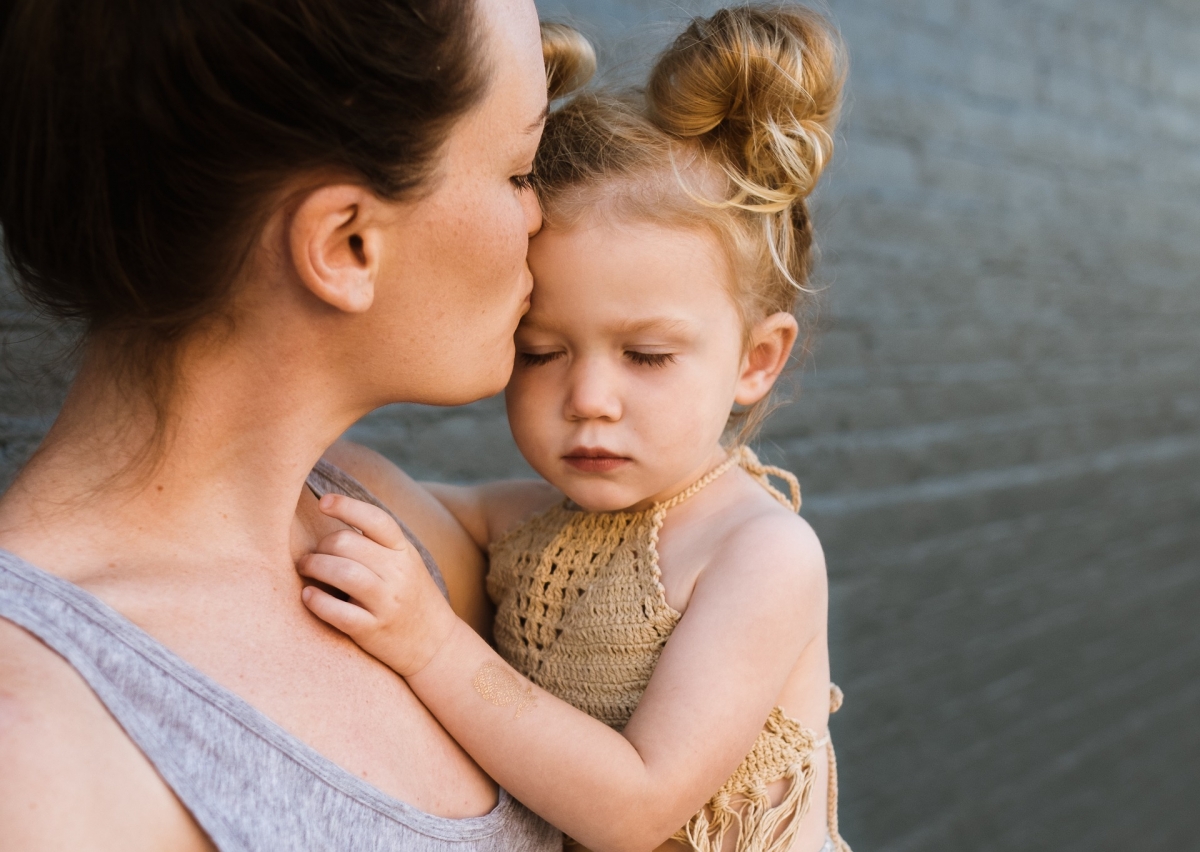This resource introduces a new Heart-Mind Well-Being lesson plan - Connecting to Compassion - for teaching compassion to K-3 students using books, videos, images, self-reflection, partner sharing, and group discussion.
In this lesson, students develop awareness and take responsibility for their social, physical, and natural environments by working independently and collaboratively for the benefit of others, communities, and the environment. In doing so, students strengthen Heart-Mind qualities: Compassionate & Kind, Gets Along with Others, and Alert & Engaged.

Lesson Plan Download: Connecting to Compassion
How can we teach our children compassion?
Research tells us that compassion can be taught through mindfulness-based practices[1], such as mindfulness and loving-kindness (metta) meditation. These modalities focus on bodily sensations, the moment-to-moment experience of our thoughts, and positive feelings towards self and others in order to cultivate compassion.
Other evidence-informed strategies [2]for teaching children compassion include:
- Helping them develop emotional awareness
- Teaching and modelling empathy
- Teaching and modelling self-compassion
- Providing and supporting opportunities for practicing compassion
- Encouraging and modelling kindness
- Practicing forgiveness
This lesson plan nurtures compassion in children through teaching and modelling emotional awareness, empathy, kindness, and compassion through a supported, interactive exploration of books, videos, and images. It is an excellent starting point to nurture compassion in the children you care about, and is practical for use at home as well as in the classroom. Supporting children in their own unique exploration of compassion through this lesson plan lays a strong foundation for ongoing discussions on what compassion means, what it looks like in others, and how we can practice it in our daily lives.
The lesson plan introduced in this resource was developed and generously shared with Heart-Mind Online by Doug David, a curriculum support teacher in SD71 Comox Valley. It has been adapted and shared here with his permission.
Researchers from Emory University in Atlanta, GA, developed "Cognitive-Based Compassion Training for Children" (CBCT) for use in education settings. This model for compassion education incorporates elements of meditation into a secular, "systematic program for reversing thoughts, emotions and behaviors that are harmful to oneself and others and transforming them into thoughts, emotions, and behaviors that are beneficial to oneself and others."
This easy-to-read Forbes article reviews recent findings on the effects of meditation on children and youth, and this accessible article from the Atlantic explores current research linking meditation and compassion.
Youth in foster care in Atlanta, GA, who participated in a 6-week Cognitive-Based Compassion Training (CBCT) program, qualitatively reported the following benefits:
• increased hopefulness
• decreased anxiety
• found CBCT useful for regulating emotion and managing stress
• enhanced compassionate response to others
In CBCT, children are guided through an 8-step progression towards the ultimate goal of "realizing active compassion for others". This lesson plan supports several of these steps, such as "developing affection and empathy" and "realizing wishing and aspirational compassion".
Check out this Heart-Mind Online resource to learn what compassion is and how it benefits our hearts and minds.
A 2019 systematic review analysed studies measuring the connection between compassion or empathy and mindfulness-based interventions (MBI's) in youth aged 5 - 18. MBI's include Mindfulness-Based Stress Reduction, Mindfulness-Based Cognitive Therapy, Loving Kindness Meditation, and other forms of compassion meditation.
The systematic review found that:
- MBI's increase empathy in children and youth (convincing evidence)
- MBI's may increase self-compassion in children and youth (some evidence, but more research needed)
See "A Guide to Fostering Heart and Mind," Dalai Lama Center for Peace and Education, June 2014.